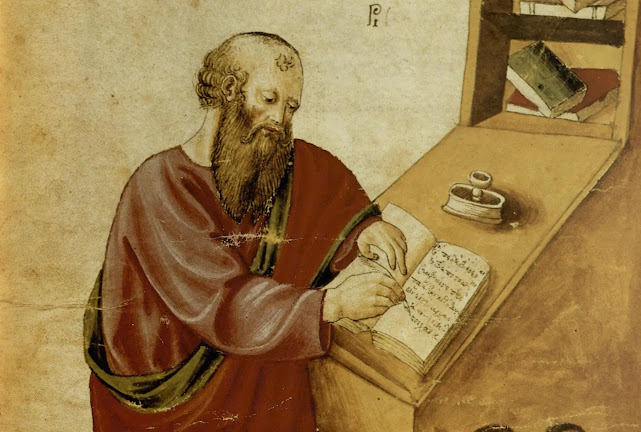#9 Golden Mean
This week had been exhausting. I missed a few deadlines and couldn’t write one blog post a day like I wanted to. This inspired me to write this newsletter issue about Aristotle’s theory of the Golden Mean which is about finding balance in various aspects of life.
In his philosophical work Eudemian Ethics Aristotle constantly uses the phrase “… is the Middle state between …”, he is referring to the idea of moderation and a finding a desirable middle ground between the extremes.
In his notes on virtue he writes, “Virtue is a state apt to exercise deliberate choice, being in the relative mean, determined by reason, and as the man of practical wisdom would determine. It is a middle state between two faulty ones, in the way of excess on one side, and defect on the other: and it is so moreover because the faulty states on one side fall short of, and those on the other exceed, what is right, both in the case of the feelings and the actions; but Virtue finds, and when found adopts, the mean .”
This theory is seen everywhere in life, even in the modern world and is so simple yet significant to understand. He states that the middle ground is usually closer to one extreme than the other and that happens for it’s own good. An example being courage (response to fear), the two extremes are recklessness and cowardice. Here the “golden mean” could be being closer to recklessness than the deficient cowardice.
Similarly, I believe that finding the sweet spot and balance is important in most places like professional work, creative practices, communication and relationships. Locating the golden mean is not something that comes from studying the principles theoretically or reading books about it. We learn more about it with trial and error, practice and experience – just like other things in life.
Many people have summarised the means of moral virtues in tables like this and they are quite perfect. For instance, modesty is one of the virtues given here. It’s in the mean between shamelessness (deficiency) and shyness (excess). Most of Aristotle’s virtues are still relevant and I suppose they’ll always stay relevant as they’re spheres of feelings that are a part of human permanence.
“The people in modern society need to overcome their pride and arrogance and look in nature for guidance because we all depend on it. Staring into the sky and imagining ourselves in heaven will not accomplish anything; it is better instead to accept our role in the world and appreciate the beauty of life, and death, which gives meaning to it. We don’t need “new” and “progressive” ways of life when the ancient wisdom of the world’s greatest thinkers is in front of us, forgotten in the dusty shelves in some crumbling library. The balance, the golden mean of which Aristotle talked about must be recognized as beneficial and important, as it is in nature itself.” – American Nihilist Underground SocietyI agree with everything they’ve said here. In the busy work-life, there needs to be a golden mean between the things you have to do and the ones you want to do. And it doesn’t need to be in the middle ground, it can shift towards the more significant duties from time to time. When nothing goes left, don’t go right – stay in the middle!


